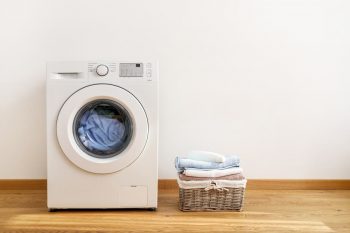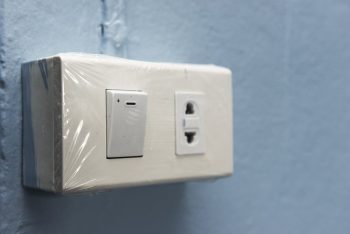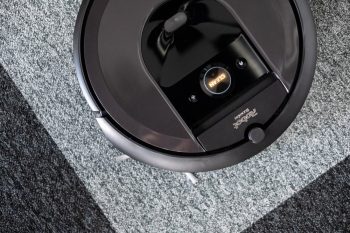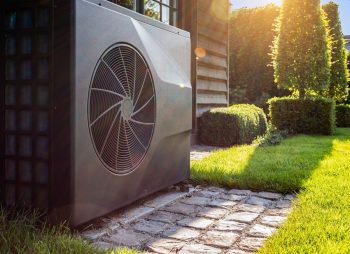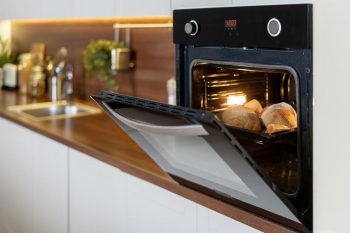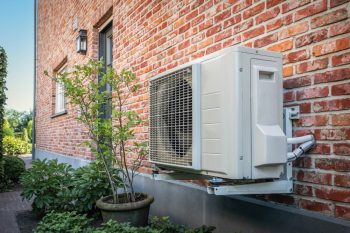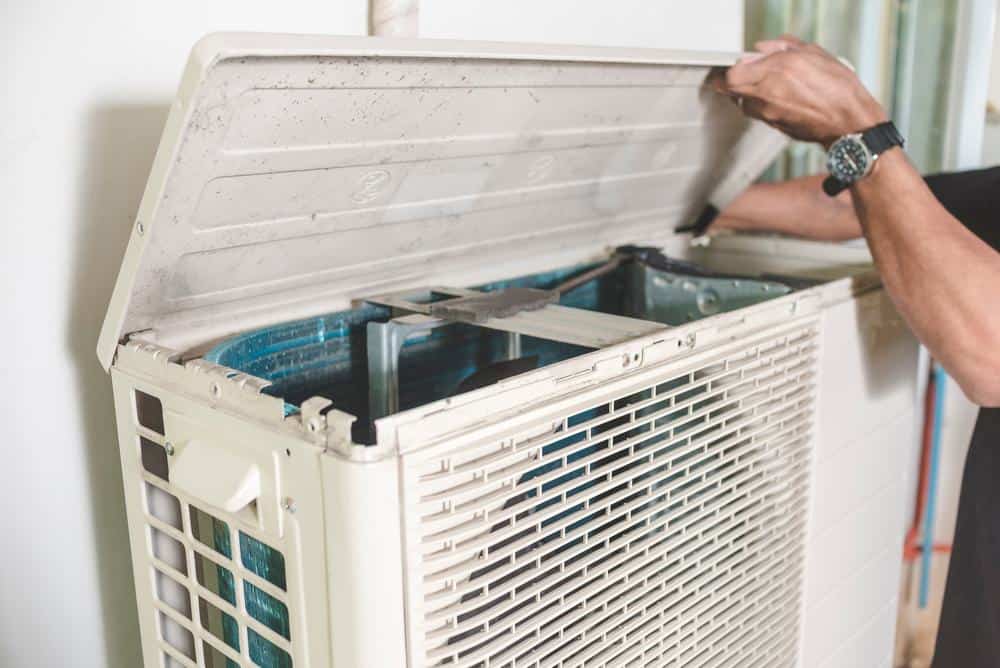
Air conditioning is a modern comfort that most of us enjoy and depend on, especially during the hot summer months. However, for some people, the cool relief of an air conditioner can trigger uncomfortable sneezing fits. If you’ve ever wondered, “Why does AC make me sneeze?”, you’re not alone.
Air conditioning can make you sneeze not because of the system itself, but due to allergens or pollutants that the system may circulate in the air. These can include mold, dust, pollen, and pet dander. Additionally, sudden temperature changes caused by the AC can provoke sneezing in some individuals. Regular maintenance of the AC system, including cleaning or replacing filters, can help reduce the circulation of allergens and improve indoor air quality, thus minimizing sneezing.
The Connection between Air Conditioning and Sneezing
Air conditioning itself does not cause sneezing. The culprits are allergens or pollutants that your AC system may circulate in the air. These include mold, mildew, dust mites, pollen, pet dander, and even bacteria and viruses. These common allergens can trigger allergic reactions in some people.
How Does an AC Circulate Air and Allergens?
Air conditioners circulate air by taking in indoor air, cooling it, and then recirculating it back into the room. If the air in the room contains allergens, they can be sucked into the AC system and then blown back into the room, triggering allergic responses in some individuals. This is why regular cleaning and maintenance of your AC system are crucial.
The Role of Air Conditioner Maintenance
Regular maintenance of your AC system can help reduce the circulation of allergens and improve indoor air quality. This includes cleaning or replacing air filters, cleaning the outdoor unit, scheduling professional maintenance checks, maintaining proper humidity levels, and keeping windows closed during high pollen-count days.
Do Temperature Changes Provoke Sneezing?
Yes, sudden temperature changes caused by air conditioning can provoke sneezing. Individuals with allergic rhinitis, for example, have a lower threshold to develop respiratory symptoms after sudden temperature changes induced by air conditioning. Non-allergic rhinitis can also be triggered by sudden changes in weather or temperature.
Minimizing the Risk of Sneezing When Using an AC
To minimize the risk of sneezing when using an AC, homeowners can take steps such as regularly cleaning and maintaining the AC unit, changing air filters frequently, using high-efficiency air filters, keeping the AC fan set to AUTO, having air ducts professionally cleaned, controlling humidity levels, sealing gaps and holes, keeping windows and doors closed, using an air purifier, and regularly cleaning the home.
Types of AC Systems for People Prone to Sneezing or Allergies
While there isn’t a specific type of air conditioning system that’s best for people prone to sneezing or allergies, there are certain features and filters that can help improve air quality and reduce allergens in your home. These include using high-quality air filters, considering ductless HVAC systems, regular maintenance and cleaning, adding air purifiers or UV lights, and using dehumidifiers.
The Impact of Air Conditioning on Indoor Air Quality
Air conditioning can both positively and negatively affect indoor air quality. On one hand, it can help regulate temperature, reduce humidity levels, and improve filtration. On the other hand, if the system is not properly maintained, indoor air quality can decrease. Dirty air conditioning filters may be contaminated with mold, fungus, or other microorganisms, which can cause health issues.
In conclusion, while air conditioning can cause sneezing in some people, it’s important to remember that the system itself isn’t the culprit. It’s the allergens and contaminants in the air that cause allergic reactions. By properly maintaining your AC unit and taking steps to improve indoor air quality, you can minimize sneezing and other allergy symptoms.
Frequently Asked Questions
What is a high-efficiency air filter?
A high-efficiency air filter is designed to remove larger percentages of airborne allergens and particles from the air. They have higher MERV (Minimum Efficiency Reporting Value) ratings, indicating better filtration performance.
What is allergic rhinitis?
Allergic rhinitis, also known as hay fever, is an allergic response to specific allergens. Symptoms include sneezing, runny or stuffy nose, itchy or watery eyes, and coughing.
What is non-allergic rhinitis?
Non-allergic rhinitis involves chronic sneezing or a congested, drippy nose with no apparent cause. Unlike allergic rhinitis, non-allergic rhinitis isn’t triggered by allergens.
What is a ductless HVAC system?
A ductless HVAC system, also known as a mini-split system, cools your home without the need for ductwork. It consists of an outdoor compressor unit and one or more indoor air-handling units.
How often should I replace my air conditioning filter?
It’s recommended to replace your air conditioning filter every 30 to 60 days for optimal performance and air quality. However, it depends on factors like the type of filter, the air quality in your home, and whether you have pets.

